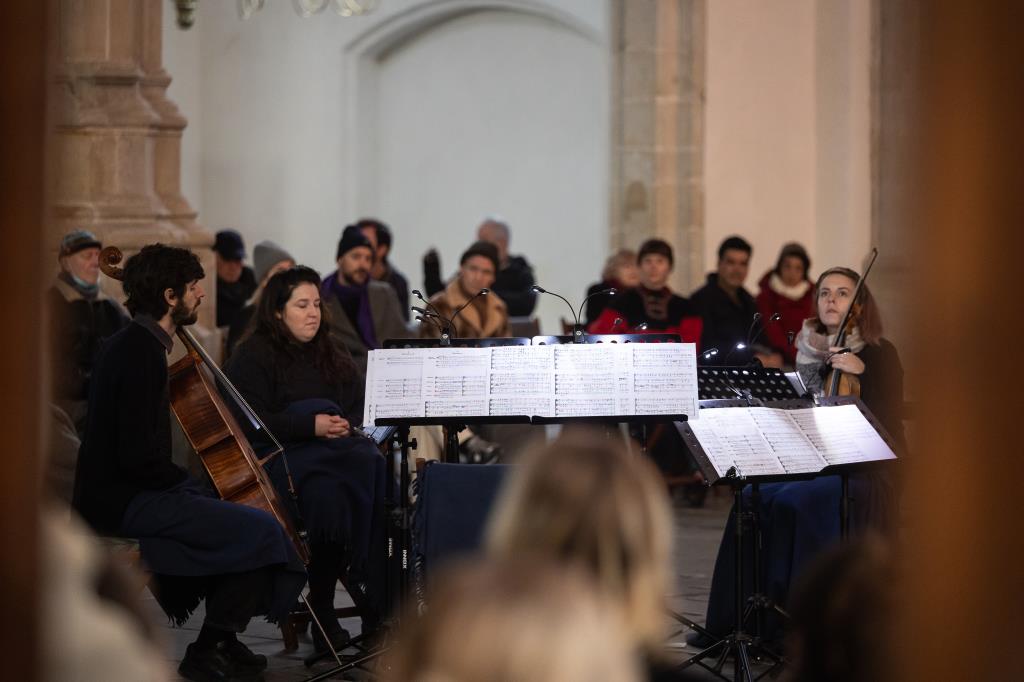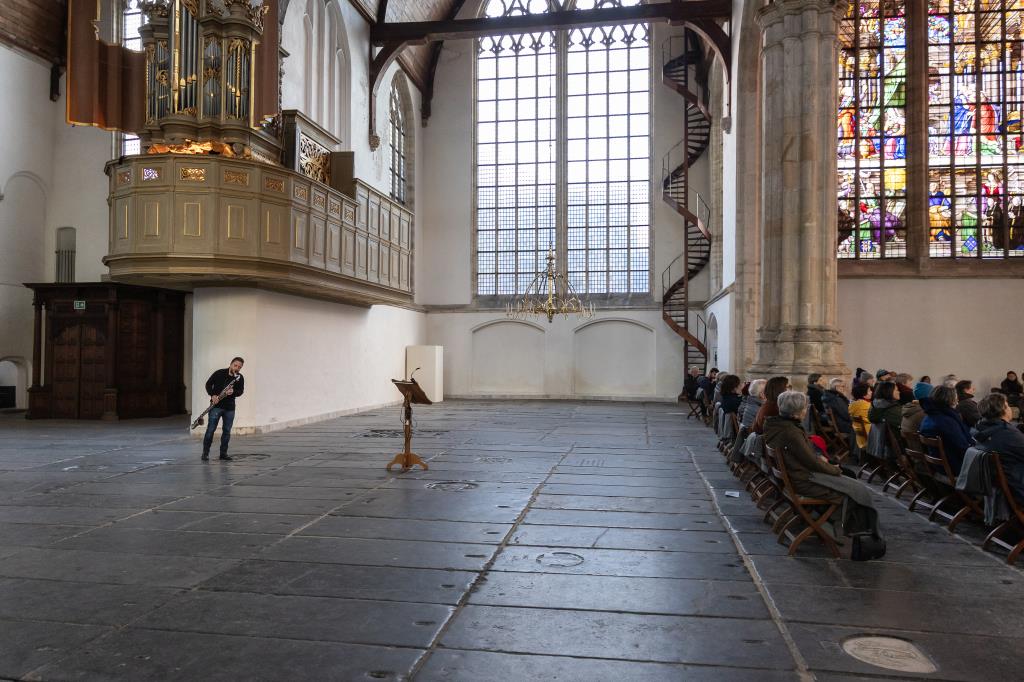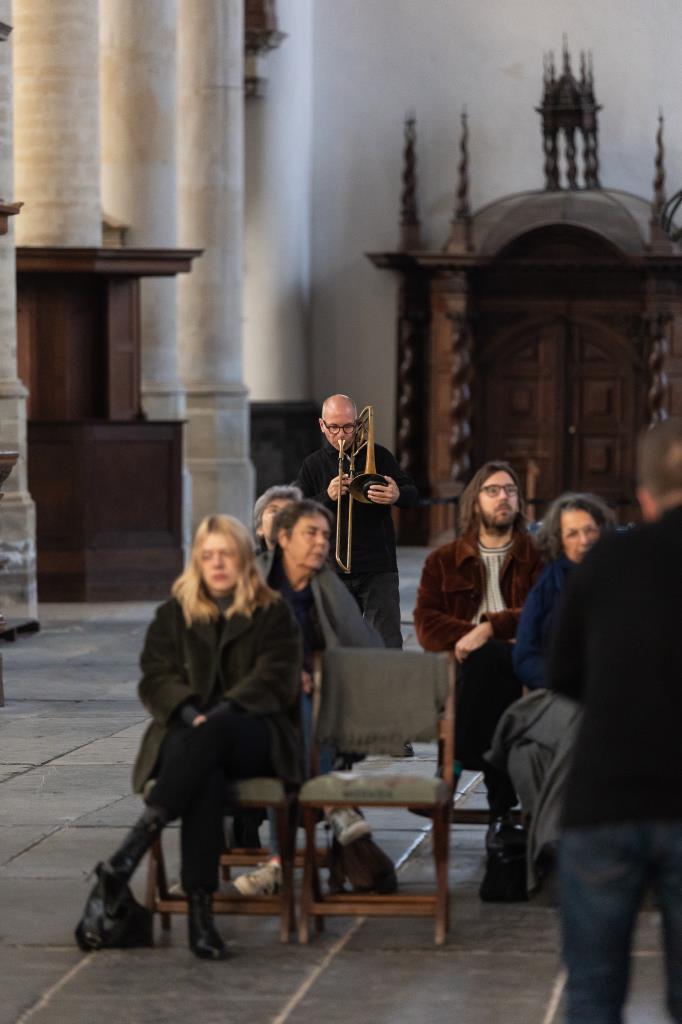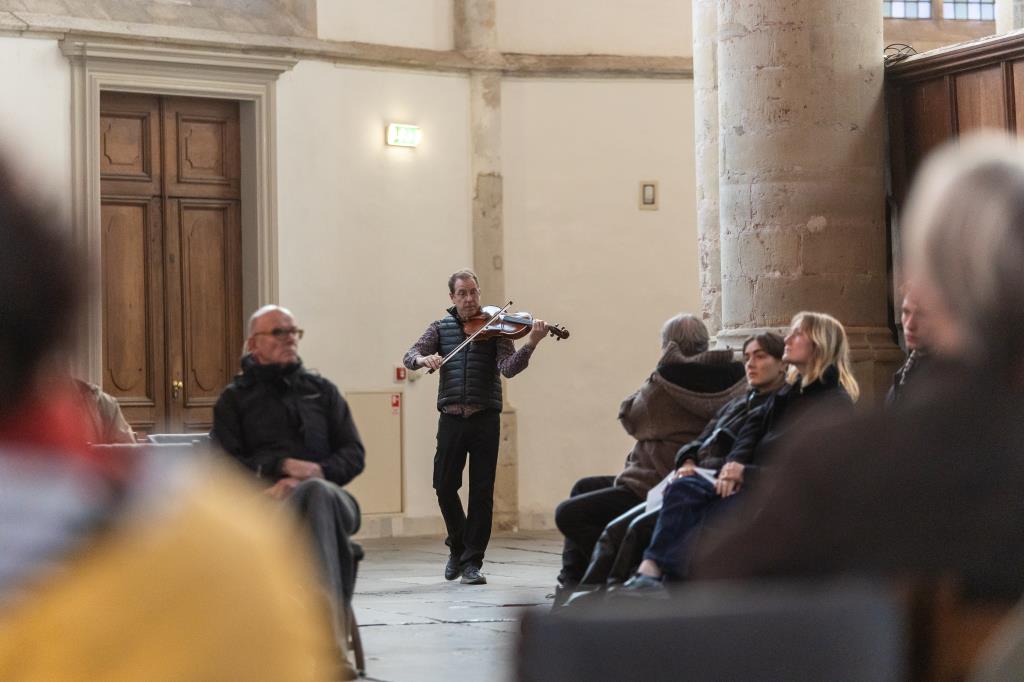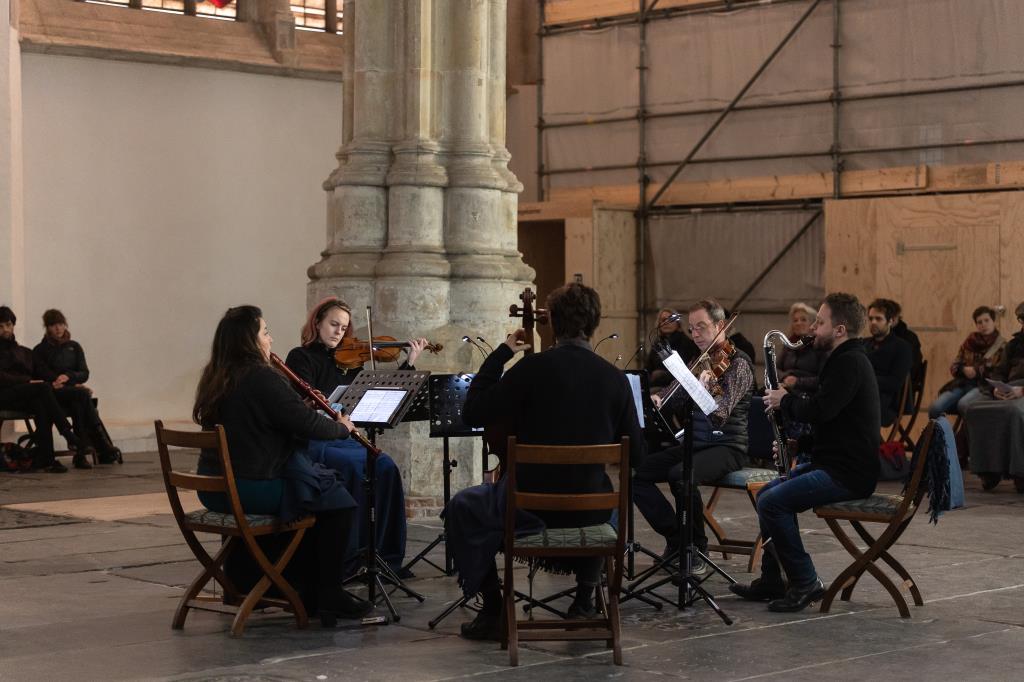Silence #32: Jan Pieterszoon Sweelinck and Roland Dahinden
The year 2021 marked the 400th anniversary of the death of one of the greatest composers the Netherlands has ever known: Jan Pieterszoon Sweelinck. During his lifetime Sweelinck was the pivot of the Amsterdam music scene. He had an extensive teaching practice, composed psalms, motets and piano works, often played in people’s homes and gave daily concerts in the Oude Kerk as the city organist. Musicians from all over Europe came to Amsterdam, where he taught them to improvise and write compositions. Although Sweelinck must have been pained when the Protestants abolished instrumental and polyphonic church music in 1581, there is no record of any dispute. Despite the ban on church music, Sweelinck wrote polyphonic arrangements of the 150 Geneva psalms to allow ensembles of four to eight people to sing them at home, in the inner city’s living rooms. Five psalms from this collection are presented this morning, not in someone’s living room, but in the Oude Kerk and not performed by singers, but by a varied group of musicians on recorder, violin, viola, bass clarinet, and cello.
| Materials | Instruments |
Fragments of a process
Part of
Read more
Identifiers for references
| Oude kerk Adlib Collect priref | 2300 |
